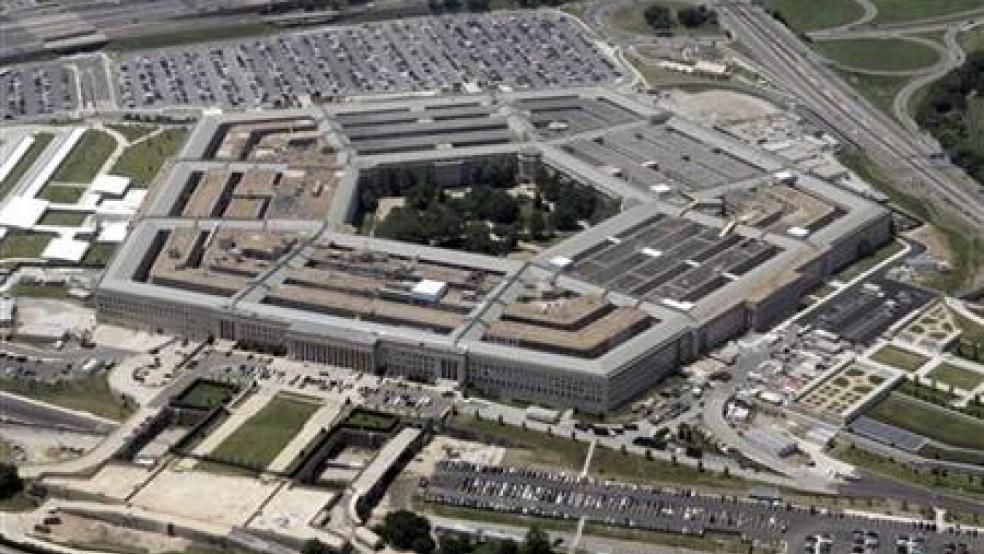The ink from President Obama’s signature on the two-year, bipartisan budget deal is hardly dry and already the Defense Department is crying poor.
The agreement, which sailed through Congress last week, raises the spending cap for the Pentagon in fiscal 2016 by $33 billion when the extra dollars for the agency’s base budget and money for the Overseas Contingency Operations (OCO) account are added together.
Related: Can’t Cut a $612 Billion Budget by Less than One Percent? Hogwash!
The boost brings the department’s budget to about $607 billion, roughly $5 billion shy of the president’s original budget request -- though it still marks a slight increase over the 2015 level.
The $5 billion amount is a “reasonable target for us to hit,” Deputy Defense Secretary Robert Work said Monday during a summit hosted by Defense One.
If 2016 had featured a “big, big” spending gap “from what we had been planning, that would have been extremely, extremely disruptive,” he added. “We’re happy to say that it’s within reach.”
Related: How the Pentagon Cooks the Books to Hide Massive Waste
But, he noted, “It’s going to be harder for [fiscal 2017], without question.”
The agreement provides the Pentagon with another $23 billion in relief that fiscal year, for a total budget of about $610 billion.
Work said that based on current calculations, and despite the new top-line numbers in the budget deal, DOD will face a roughly $14 billion spending gap that year.
“That’s going to be a harder target to hit and we’re now working through that right now,” he told the audience.
Related: Here's How GOP Hardliners Could Still Blow Up the Budget Deal
News that the agency is already facing a shortfall, despite the agreement, is likely to spark more fights about Pentagon spending, with defense hawks pushing for more and fiscal conservatives digging in their heels against any such move.
Work’s comments could also mark the start of a DOD public relations campaign for more money from Congress, something lawmakers likely would eagerly grant during an election year.
The department’s No. 2 tried to see the silver lining about the funding levels, highlighting “we no longer have to worry about fighting for ’16 or worry about ’17. We’ll be able to say, ‘Okay, here are the decisions we have to make and we can get on with our lives.’”





